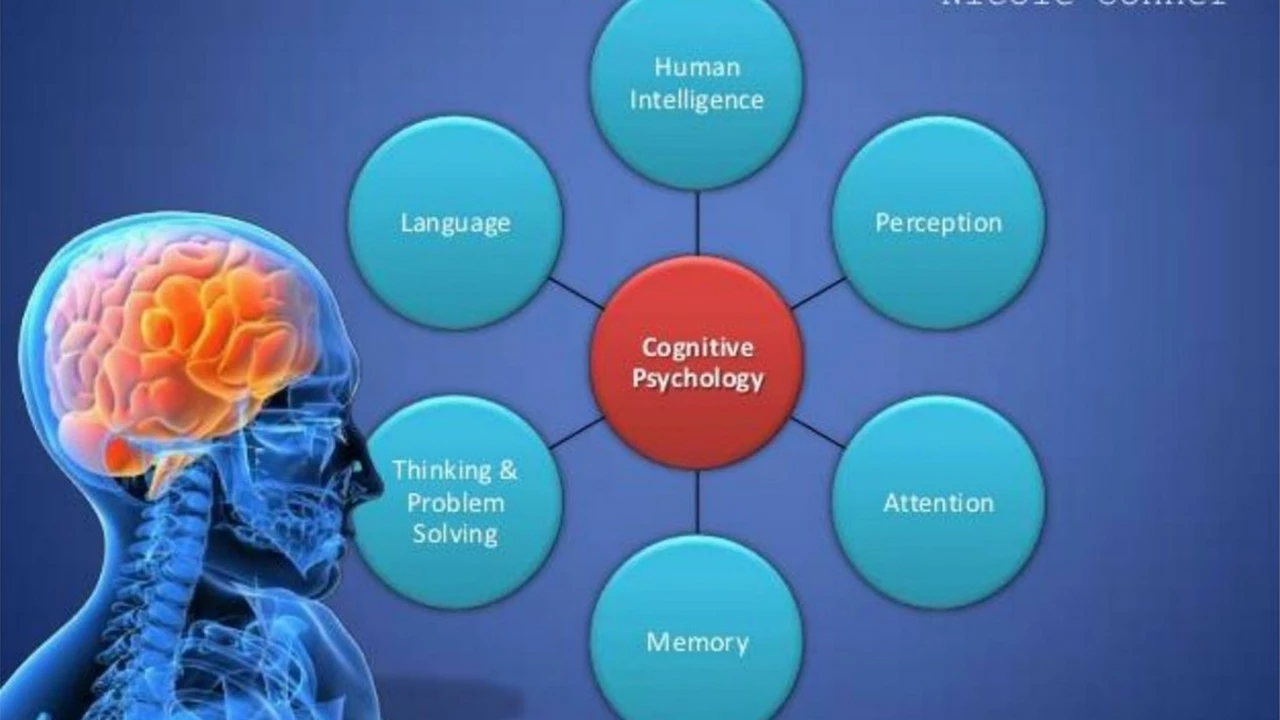Behavior Disorders: What You Need to Know to Help Yourself or Others
Behavior disorders can feel confusing and overwhelming, whether you're noticing them in someone you care about or experiencing symptoms yourself. These disorders affect how a person acts and reacts in daily life, sometimes making it hard to focus, control impulses, or manage emotions. But understanding what’s really going on is the first step toward finding better ways to cope and improve your quality of life.
So, what exactly are behavior disorders? They cover a range of conditions like ADHD, conduct disorder, oppositional defiant disorder, and mood disorders that influence behavior patterns. Each has unique signs but often involves difficulties with attention, flexibility, emotional regulation, or social interactions.
Spotting the Signs and What Causes Them
People with behavior disorders might struggle to sit still, often interrupt conversations, get easily frustrated, or act aggressively. For kids, this can show up as trouble following rules or frequent temper tantrums. Adults might feel restless, have trouble finishing tasks, or experience mood swings. Causes can be tricky to pin down and usually involve a mix of genetics, brain chemistry, and environment. Stressful family life, trauma, or other health issues often play a role too.
Managing Behavior Disorders in Everyday Life
Knowing how to handle behavior disorders day-to-day can make a huge difference. The good news? There are many ways to help improve symptoms. Medication like stimulants for ADHD, mood stabilizers for bipolar disorder, or therapy approaches can be game changers. But beyond meds, simple habits such as consistent routines, clear expectations, and practicing stress relief techniques can bring noticeable improvements.
It’s also crucial to get support — whether from healthcare pros, support groups, or trusted friends. Open conversations about struggles without blame or shame help create understanding and encourage healthier coping strategies. If you or someone you know exhibits signs of a behavior disorder, reaching out for professional help is a smart move. Diagnosis and treatment tailored to individual needs can unlock better control and confidence.
Remember, behavior disorders don’t define who you are. With the right information, support, and tools, managing these challenges is very possible. This page is here to guide you through reliable info and helpful tips on medications, therapy options, and lifestyle changes that make living with behavior disorders easier and more hopeful.
The impact of behavior disorders on a child's self-esteem
In my exploration of the topic, I've found that behavior disorders can significantly impact a child's self-esteem. Children with these disorders often struggle with feelings of inadequacy and may perceive themselves as different or inferior to their peers. They might face challenges in social situations, causing them to withdraw or act out, further affecting their self-confidence. It's crucial for parents, educators, and mental health professionals to provide support and intervention strategies to help these children build healthy self-esteem. Remember, a child's mental well-being is just as important as their physical health.

